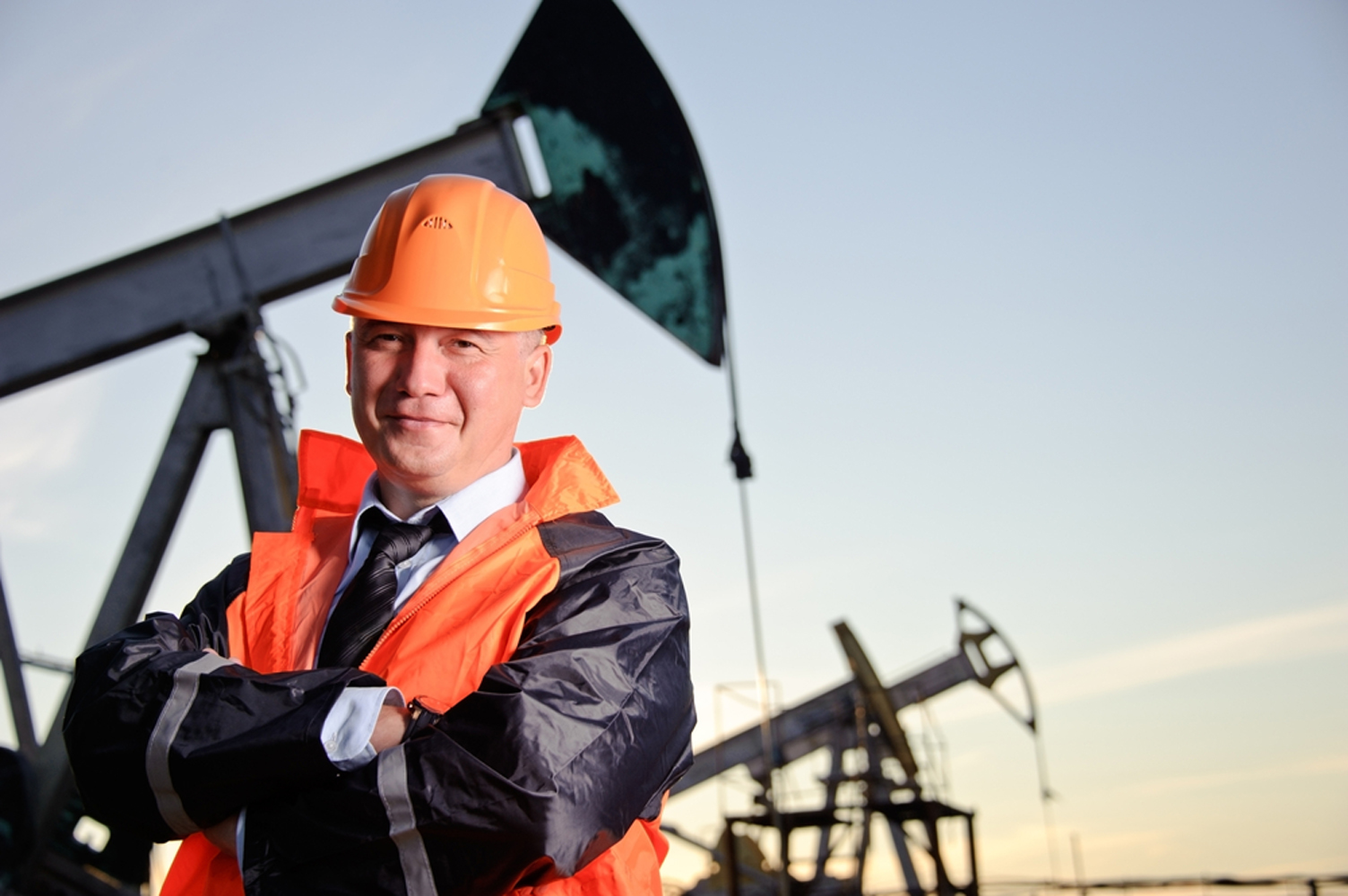
In remote oil towns, where the scent of crude and the promise of quick wealth fill the air, life can seem golden—at least from the outside. Workers rake in fat paychecks, often earning more in a few months than many do in a year. But behind this financial allure lies a haunting truth: addiction festers in the shadows of prosperity, transforming booming communities into battlegrounds for survival.
Isolation and Opportunity
Oil towns are typically located far from urban centers, surrounded by miles of wilderness or desert. These outposts exist solely for extraction, attracting a transient workforce lured by high wages and the promise of economic mobility. But isolation brings its own challenges. With few entertainment options and limited social structures, workers often turn inward—or toward substances—to cope with the monotony and emotional strain.
High stress, long hours, and dangerous conditions create a perfect storm for substance use. Methamphetamine, opioids, and alcohol are among the most commonly abused substances. Meth provides the energy needed for grueling shifts, while opioids numb chronic pain and emotional distress. Alcohol, readily available and culturally ingrained, serves as both a social lubricant and an escape.
Fast Money, Fast Living
The sudden influx of wealth can be overwhelming. Many workers, especially those unaccustomed to managing large sums of money, find themselves swept up in a whirlwind of spending. New trucks, expensive toys, gambling, and nightlife quickly drain bank accounts. In the absence of financial guidance or stability, drugs and alcohol often become tools to fill the emotional void.
This cycle of consumption and escape is intensified by the “work hard, play hard” mentality prevalent in oil culture. In off-hours, parties and substance use are commonplace. The stigma around addiction remains strong, and asking for help is often viewed as a sign of weakness.
Cracks in the Community
Addiction doesn’t just affect the individual—it ripples through families and communities. Domestic violence, absentee parenting, and mental health issues rise alongside substance abuse. Local healthcare systems, often underfunded and underprepared, struggle to keep up. Law enforcement deals with a surge in drug-related crimes and overdoses, turning once-thriving boomtowns into public health crises.
Even the economic benefits of the oil industry can’t outweigh the social costs when addiction takes hold. Communities built on high earnings and promise can crumble under the weight of dependency, leaving behind a population that feels empty despite the money in their pockets.
Building Support, Not Just Infrastructure
To combat this epidemic, stakeholders must prioritize the health and well-being of oil town residents. Oil companies should implement robust wellness programs, provide access to mental health and addiction services, and foster a culture where seeking help is encouraged. Local and state governments must also invest in healthcare infrastructure, addiction recovery centers, and preventive education.
Financial success should not come at the cost of human lives. Remote oil towns can thrive, not just economically but socially and emotionally, if we begin to treat addiction not as a personal failing, but as a systemic issue tied to the very nature of the industry.
Only then can fat paychecks lead to full, meaningful lives instead of empty ones.
